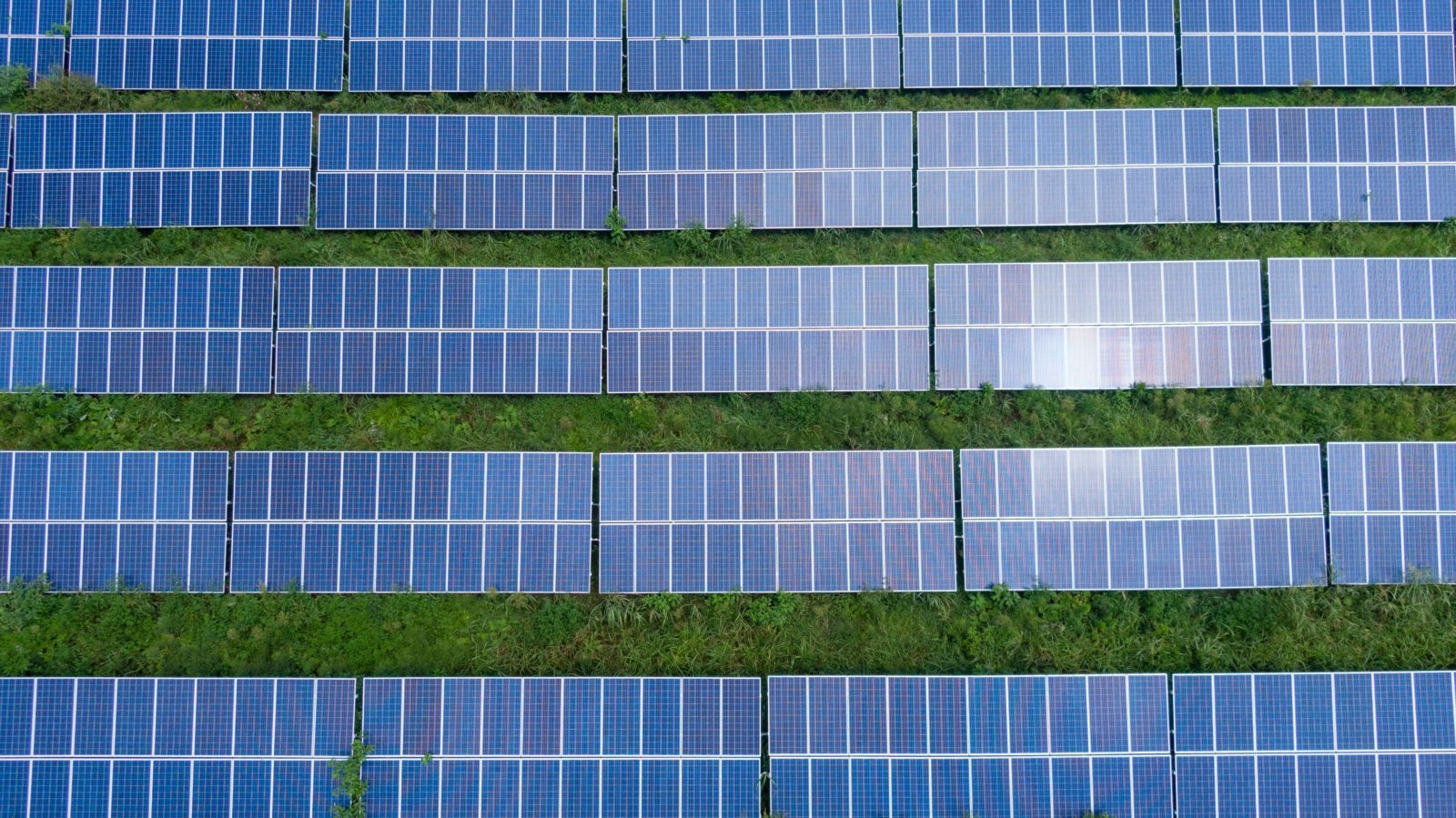The Czech Republic saw many new solar installations in the last year. An impressive 82,799 new solar sources were operational, marking an increase of 49,039 installations from the previous year. The installed capacity also saw a significant rise of 970 megawatts (MW). Most of these installations were on residential buildings, with approximately 80,000 solar power plants with a total capacity of 823 MW. Despite this growth, large solar parks remain relatively sparse. However, the Solar Association, which presented these results, indicates that the Czech Republic is still trailing behind neighboring countries despite this growth.
Currently, over 167,000 photovoltaic power plants are connected in the Czech Republic. Of these, 116,000 installations were added in the last two years, according to the Ministry of Industry and Trade. “Last year, almost half of all photovoltaic power plants were connected, which you can see on the roofs of family houses across the Czech Republic,” said Radim Černý, a member of the Board of Directors of the Czech Association of Regulated Electrotechnical Companies (ČSRES). According to Černý, the segment of corporate installations has also strengthened.
Despite the record increase in power plants last year, the Czech Republic is still lagging behind neighboring countries. For example, in Poland, power plants with a capacity of over 4.5 gigawatts (GW) were installed last year, more than double the capacity also installed in Austria, and more than half was established in Hungary compared to the Czech Republic. The leaders in Europe are the Netherlands and Germany.
According to data from the Energy Regulatory Office, the installed capacity of solar sources in the Czech Republic still lags behind coal and nuclear power plants. The development of large solar parks is slow. Several were built last year, but further installations have been put on hold.
Looking forward, agro-photovoltaics – the construction of photovoltaic panels in orchards, hop fields, or vineyards – could improve the situation, according to Jan Krčmář, Executive Director of the Solar Association. However, legislative conditions still need to be set for this. The market is now more competitive than in the past, leading to shorter waiting times for installation, according to Krčmář. However, problems persist with more significant power plants.






